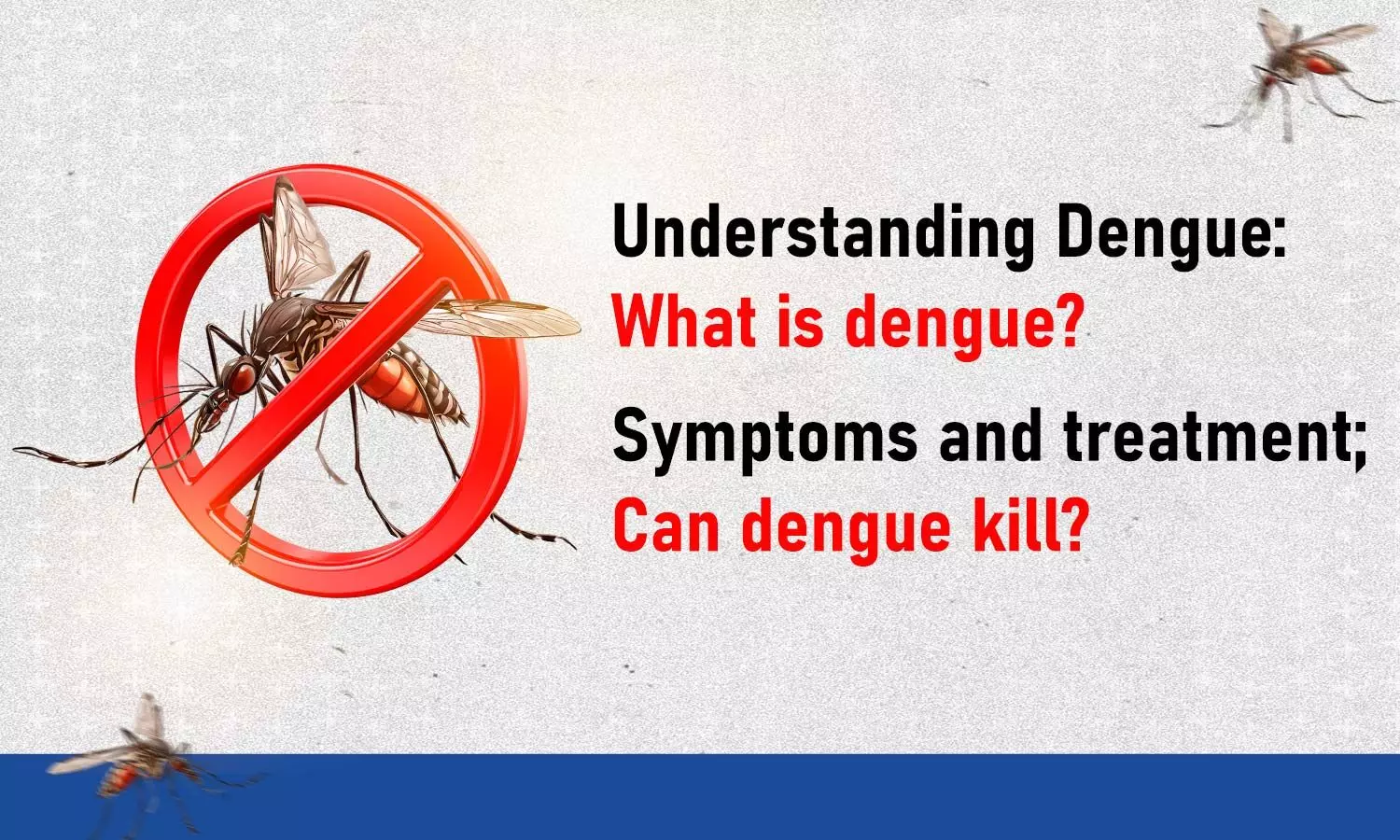Understanding Dengue Fever - Symptoms, Treatment, and Prevention

Discover everything about dengue fever, including symptoms, treatment, prevention, and global response efforts against this infectious disease.
Dengue fever, a viral illness transmitted primarily by Aedes mosquitoes, poses a significant global health threat, particularly in tropical and subtropical regions. The disease is caused by the dengue virus (DENV), which exists in four distinct serotypes (DENV-1 to DENV-4). Understanding dengue's symptoms, treatment options, and preventive measures is essential for effectively managing its impact on communities worldwide.
What Causes Dengue?
The dengue virus is transmitted to humans through the bite of infected female Aedes mosquitoes, primarily Aedes aegypti and Aedes albopictus. These mosquitoes thrive in urban environments and breed in stagnant water sources such as flower pots, discarded tyres, and uncovered water containers. Dengue transmission occurs when a mosquito bites a person infected with the virus and subsequently bites another individual, thus spreading the infection.
Symptoms of Dengue Fever
Dengue fever typically manifests in two phases- the febrile phase and the critical phase.
Febrile Phase
During the initial febrile phase, individuals experience-
- High Fever- Sudden onset of high fever, often reaching temperatures of 104°F (40°C) or higher
- Headache- Severe pain behind the person’s eyes
- Muscle and Joint Pain- Severe joint and muscle pain, often described as "breakbone fever"
- Fatigue and Weakness- Generalized feeling of exhaustion and weakness
- Nausea and Vomiting- Loss of appetite, accompanied by nausea and vomiting
Complications of Dengue Fever
While most cases of dengue fever resolve on their own with supportive care, severe cases can lead to life-threatening complications-
- Dengue Hemorrhagic Fever (DHF) - A severe form of dengue fever characterized by severe bleeding, rapid drop in platelet count (thrombocytopenia), and plasma leakage. DHF can progress to dengue shock syndrome (DSS) if not treated promptly, leading to shock, organ failure, and death.
- Organ Impairment- Severe dengue fever may cause damage to vital organs, including the liver, kidneys, and heart. Organ impairment requires intensive medical care, including monitoring and supportive treatment to prevent irreversible damage.
- Neurological Manifestations- In rare cases, dengue virus can affect the central nervous system, causing encephalitis, meningitis, or Guillain-Barré syndrome. These neurological complications require specialized medical management and rehabilitation.
Early recognition of warning signs, such as persistent vomiting, severe abdominal pain, bleeding gums, and difficulty breathing, is critical for timely intervention and reducing the risk of severe complications in patients with dengue fever.
Diagnosis of Dengue
Diagnosing dengue fever includes laboratory tests and clinical evaluation. Healthcare providers typically consider the patient's symptoms, travel history to dengue-endemic areas, and conduct specific diagnostic tests-
- Blood Tests- Laboratory tests to detect the presence of the dengue virus or antibodies in the blood.
- NS1 Antigen Test- Rapid diagnostic test to detect the dengue virus antigen during the acute phase of infection.
- Complete Blood Count (CBC) - Monitoring platelet count and hematocrit levels to identify potential complications such as hemorrhage or plasma leakage.
Treatment and Management of Dengue
At present, there is no specific treatment available for dengue fever. Medical care focuses on managing symptoms and providing supportive care to prevent complications-
Supportive Care
- Fluid Replacement- Oral rehydration solutions or intravenous fluids to maintain hydration and prevent dehydration.
- Pain Relief- Acetaminophen (paracetamol) for fever and pain relief. Avoid nonsteroidal anti-inflammatory drugs such as aspirin and ibuprofen, as they can increase the risk of bleeding.
- Rest- Adequate rest to promote recovery and alleviate fatigue.
Hospitalization
Severe cases of dengue fever, especially those progressing to DHF or DSS, may require hospitalization for intensive monitoring and treatment-
- Intravenous Fluids- Fluid replacement therapy to manage shock and maintain blood pressure.
- Blood Transfusion- In situations involving severe bleeding or a notable decrease in platelet count.
- Oxygen Therapy- If there is respiratory distress due to plasma leakage or severe organ impairment.
Prevention of Dengue
Preventing dengue fever involves a multifaceted approach that includes both community-based strategies and personal protective measures-
- Vector Control- Eliminate mosquito breeding sites by emptying standing water from containers, using larvicides, and applying insecticides to reduce mosquito populations.
- Personal Protection- Use mosquito repellents containing DEET, wear long-sleeved clothing and pants, and use mosquito nets, particularly during peak mosquito biting times (early morning and late afternoon).
- Community Engagement- Raise awareness about dengue prevention through educational campaigns, community clean-up drives, and public health interventions.
Dengue fever remains a significant public health challenge in many parts of the world, affecting millions of people annually. The disease's unpredictable nature, potential for severe complications, and lack of specific treatment highlight the importance of prevention and early detection. By understanding the symptoms, seeking prompt medical care, and implementing effective mosquito control measures, individuals and communities can mitigate the impact of dengue fever and contribute to global efforts to combat this infectious disease.







